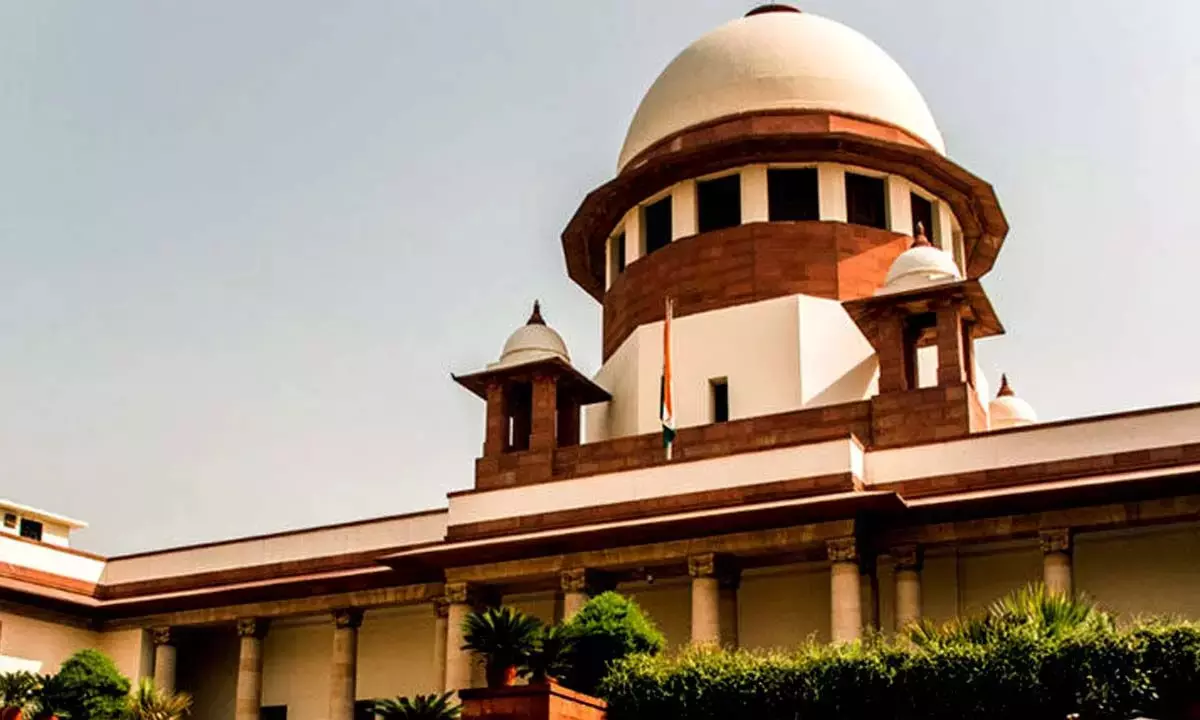Waqf Amendment Act: Supreme Court hearing to continue for the second consecutive day today

The Supreme Court will continue its hearing on the Waqf Amendment Act 2025 for the second consecutive day today. It is expected that the apex court may issue an interim order on this matter. The court might address issues such as de-notifying Waqf properties, not applying new provisions during the Collector's inquiry, and the inclusion of non-Muslims in the Waqf Board and Council.
Earlier on Wednesday, a two-hour hearing was held in this case. The Supreme Court refused to stop the law with immediate effect, but expressed concern over the violence taking place across the country against the Waqf Act. The court has asked the central government to respond within two weeks.
A bench of Chief Justice Sanjiv Khanna, Justice Sanjay Kumar and Justice K.V. Vishwanathan heard a total of 72 petitions challenging the constitutionality of the Waqf Amendment Act. Solicitor General Tushar Mehta, on behalf of the Center, and senior advocates Kapil Sibal, Rajiv Dhawan, Abhishek Manu Singhvi, and C.U. Singh, on behalf of the petitioners, presented their arguments.
The Chief Justice indicated during the hearing that an interim order could be passed to "maintain balance."
The opposing petitioners allege that this new law violates the fundamental rights of Muslims and discriminates against them. They have demanded that the implementation of this law be stopped. At the same time, the central government has termed these allegations as baseless.
The Supreme Court clarified to the Center that special clarification is required on some provisions, such as the removal of the system of Waqf by User and the inclusion of non-Muslim members in the Waqf Board.
The court also asked the Center whether the government would allow Muslims to be included in the trusts of temples similarly. Along with this, the question was also raised that if the historical Waqf properties do not have the deed, then from where will the Waqf Board bring their documents?
During the hearing, Solicitor General Tushar Mehta urged that he has to put forward some more arguments. After this, the Supreme Court said that it can also hear the matter on a day-to-day basis. Finally, the bench decided to hear the case again on Thursday.
Senior advocate Kapil Sibal argued that there was no written arrangement of Waqf 300 years ago, then where will the deed of those mosques be brought from? He opposed the removal of the "Waqf by User" provision and said that this could endanger the status of historical religious places.
When he called the appointment of non-Muslims in the board unconstitutional, the Supreme Court asked the Center to clarify why such a provision was brought. The Solicitor General replied that the majority of the members in the Waqf Board will be Muslims and the number of non-Muslims will not exceed two.
The Supreme Court also said that properties declared as Waqf by the courts should not be de-notified under the new law, whether they are declared "by user" or by deed.
The bench particularly expressed concern over the provisions that empower the collector to investigate and adjudicate on Waqf property and the possibility of the new provisions overturning the orders of competent courts.
The Chief Justice clarified, "Usually we do not stop any new law at the initial stage, but this case may be an exception. If properties declared as Waqf by user are de-notified, it will have serious consequences."
During the hearing, a heated debate was also seen between the bench and the Solicitor General, especially on the point of why non-Muslims are being appointed in the Waqf Council while this principle does not apply to Hindu religious institutions. The bench also said that if only eight out of 22 members of the Waqf Council are Muslims, then the religious identity of the institution can be questioned.
Now it remains to be seen what interim order the Supreme Court issues in today's hearing and in which direction the further hearing goes.
